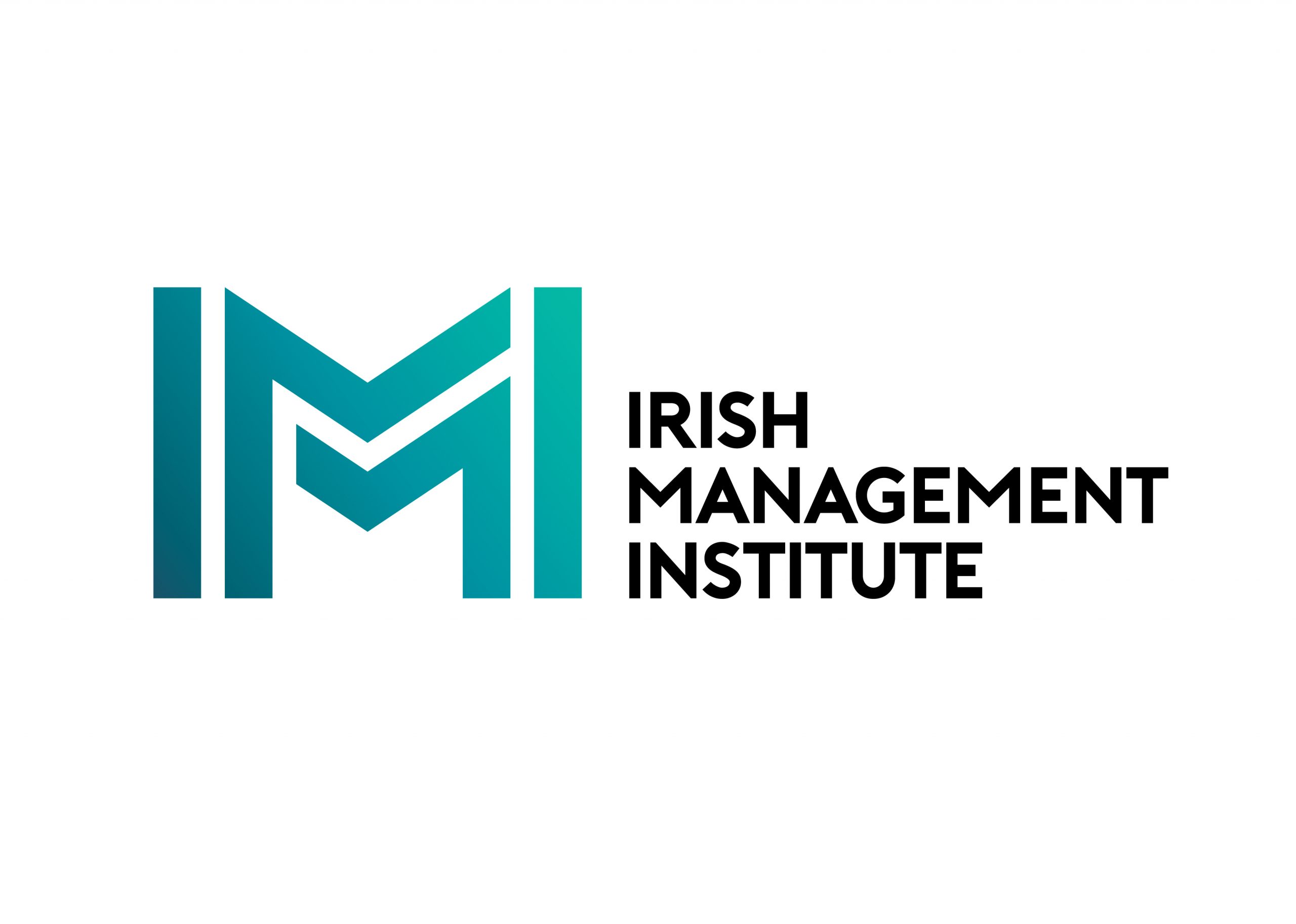Related Articles
Navigating Uncertainty: Turning Human Potential into Market Value with Ade McCormack
Insights from the Deloitte Best Managed Companies Symposium on 1st June 2023.
In today’s rapidly changing world, the link between talent and value has become more important than ever. As the future becomes more and more unknowable, it is essential for business leaders to understand the evolving landscape and harness human potential to drive market value.
Embracing Uncertainty
To comprehend the changing world, we need to journey back to the origins of technology. From the invention of the wheel to the advent of computers and smartphones, technological advancements have undergone exponential growth over the decade. Today, we find ourselves experiencing the fastest ever rate of change while simultaneously facing an unparalleled level of uncertainty and volatility. This current state is merely a prelude to the disruptions that lie ahead – in fact, it’s the slowest day of innovation we’ll ever experience. Digital transformation and automation has ushered in a digital tsunami, permanently altering the business landscape. Therefore, the notion of a “new normal” or “next normal” doesn’t actually exist, instead, continuous disruption becomes our new reality.
Raising the Bar with Innovation
In the face of disruption, organisations are compelled to elevate their innovation efforts. Past success is no longer a reliable indicator of future achievements. To thrive, businesses must embrace the mindset of a startup, approaching each day as day one. Traditional factory models, with their emphasis on processes and efficiency, are ill-suited for disruption. Most organisations today, even service-based ones, function as factories, with data flowing along their conveyor belts. However, to navigate the uncertain terrain, businesses must tap into creativity, curiosity, and courage, which have been the driving forces behind human progress. Unfortunately, many organisations treat their employees as replaceable cogs in the machine, hindering the full realisation of human potential.
The convergence of technology and humanity is leading us towards an augmented future. It might be said that we’re speciating towards becoming augmented humans, but even if the change isn’t quite that drastic, it’s not far from it. The concept of the Metaverse may represent the ultimate manifestation of this trajectory.
To adapt effectively to the changing world, organisations should look to the most successful human operating model, the tribe. Throughout history, tribes have thrived by operating in real-time, engaging with their environment, and leveraging their collective intelligence. This tribal approach, rooted in adaptability, can be harnessed to build super resilient organisations that embrace disruption.
Anti-Fragility and Experimentation
Resilience alone is no longer sufficient in the face of relentless disruption. Super resilience, allows organizations to thrive in the storm rather than wait for it to pass. Failure and experimentation become integral components of innovation. Successful organisations such as Netflix, Google, and Amazon consistently update their business models to optimise for high levels of disruption. Technological advancements enable the creation of innovative products, services, and business models. However, it is essential to recognise that true talent extends beyond technical skills. Differentiated experiences arise from the thoughts and perspectives of individuals, such as the artists Picasso and Lady Gaga, who challenge traditional norms and push boundaries.
The Future of Talent Management
Organisations that recognise the anthropological drivers of human well-being foster a sense of humanity within their workforce. By acknowledging the human side of their team members, these organisations create cognitive gymnasiums where their employees can exercise their minds, fostering innovation and creativity. The future of talent management lies in treating individuals as cognitive athletes rather than mere resources. In this paradigm, leadership must shift from a centralised model to one where everyone has the opportunity to lead. Situational awareness supersedes strategic planning in an environment characterised by rapid change. The role of leaders shifts to acquiring and retaining the best people, focusing on people rather than profits alone.
Organisations should strive to distribute decision-making, value, and rewards more equitably, and by doing this, they will begin to address the economic and social disparities arising from centralised models. Treating people as assets rather than resources allows organisations to tap into their full potential without burning them out. To navigate disruption effectively, organisations must cultivate cognitive bandwidth by eliminating cognitive leaks and promoting cognitive gains. The concept of ubiquitous leadership, wherein creativity flourishes through collaborative idea exchange, requires the construction of graceful organizations founded on principles of civility and emotional intelligence.
The most effectively managed companies understand the importance of regulation and financial prudence. However, they also recognise the need for experimentation and agility to stay ahead of the curve. Running traditional businesses while concurrently fostering people-centric organisations ensures the development of new business models within the industry. By embracing change and adapting to the evolving landscape, businesses can transform uncertainty into opportunities for growth and success.
In an era of relentless disruption and uncertainty, business leaders must turn their attention to harnessing human potential to drive market value. By redefining talent management, building super resilient organisations, and embracing distributed leadership, companies can thrive in the face of uncertainty. Navigating the infinite game requires the wisdom to adapt, the courage to experiment, and the vision to create a future where individuals are valued as cognitive athletes and organisations operate as living, sensing organisms. It is through this transformative approach that businesses will secure their position in an ever-changing world.




